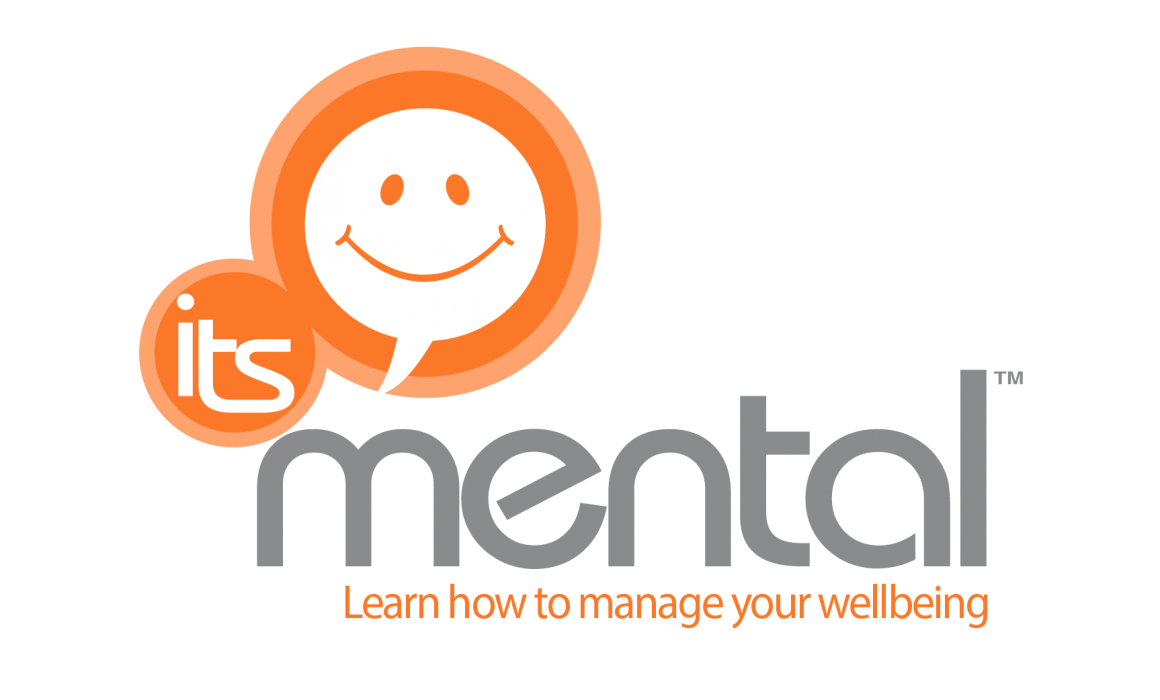The Mindful Remote Worker
Living in these uncertain times and with the big shift towards working from home. Either full time or even blended working, 2 days in the office and 3 days at home sounds appealing but presents mental barriers and frustrations.
When you are used to the morning commute to work, getting yourself some morning me time, before walking straight into the working day routine. Next, a face to face team meeting with management and work colleagues to receive your fix of inclusion, recognition and work chatter. Then getting on with your working day as normal, something that you have done for years. Going to the same places for lunch or eating the lunch you’ve brought from home. Abiding by the same rules, time restrictions and seeing familiar faces. Finishing off your day at the usual time, with the normal commute home, listening to music, podcasts or reading your kindle or book, before back home to jump on the treadmill of your evening schedule and family life.
We are creatures of habit and routine, but we only see and feel the realisation of this when we are pulled out of our work environment due to a significant change in our lives, for everyone this has been due to Covid. Our times are changing and we need to adapt.
The arising problems from working from home
By working from home, problems arise. Many are using the time it would take them to commute to start work earlier and finish later. As work and home life merge, it becomes harder to switch off. Normal routines have gone. Checking emails in an evening, or going back to your desk to do more work in the evening, means that other areas of life that are valuable to you get neglected. You may not be present with the kids or family, you may have stopped doing regular exercise. Work can become exhausting and takes over your life.
Working from home can be distracting. The home comforts and family can pull our attention and make it harder to focus on work.
Online meetings can be more draining than attending meetings face to face. Speaking up during an online meeting can also be anxiety provoking. As the camera turns onto you or your name is highlighted when you speak, the mind can be filled with what if thoughts about what your colleagues are thinking. The lack of facial cues and body language from colleagues to indicate that they are interested and listening are gone. Some people end up staying quiet and contributing less, heir confidence lowering as they are critical of themselves for holding back their opinion.
Some people struggle with the lack of simple social interactions about daily life. The chats with colleagues in the kitchen or while at your desk have stopped. Some struggle with not getting as much regular feedback from colleagues or their boss about the quality of their work. This can trigger self-doubt and self-criticism.
Let’s start by creating a mindful remote working sanctuary
Working from a home office presents two major challenges: Effectively separating business and home life, and the lack of stimulating social interaction that you would normally have working in an office with colleagues. At the same time, working from home brings numerous benefits to one’s lifestyle, and feng shui can help you make the best of it. Learn how to apply the philosophy of feng shui to make your space an inspiring and conducive environment for work.
Location
An important office feng shui guideline is to have your home office as far from your bedroom as possible. If the layout of your house allows, having a separate entrance to your home office is ideal. If this is not feasible, be sure to create as much division as possible between your home office area and your bedroom; this is the basis of good home office energy.
Inspiring Decor
Plan your home office with your success, well-being, and productivity in mind. Think of specific images, inspirational colours, meaningful career memorabilia, and appropriate decor items that make you feel successful, appreciated, and happy. Since you are working from home, feel free to fully express your creativity in decorating your office. Depending on your chosen field, you need to make sure your home office reflects the energy you want to project in the world.
Air and Light
Be mindful of the quality of air and the quality of light (both natural and artificial) in your home office, as these are two of the good must-haves. If your brain is starving for oxygen and your body does not get enough natural light, you will not enjoy being in your home office no matter how much you love your job. Consider investing in full-spectrum lights and bring at least a couple of air-purifying plants into your home office. The energy of plants will refresh not only the energy of your space but also your own energy.
Be Mindful of Position
Position your desk in the so-called feng shui commanding position to attract stronger and more successful energies to your work area. A feng shui commanding position means you do not have your back to the door; your desk is positioned further from the door and not in line with it. Be also mindful of not facing a wall while working at your desk.
What we Need is Routine, Routine, Routine
Having structure to our days is important. Getting up at the normal time you would have got up to start your commute to work, allows you time to then add pleasure and fun into your life. If you know you’ll be doing Zoom meetings for 8 hours getting daily fresh air and exercise is important. You could go for a mindful walk, do exercise, make a healthy breakfast, even prep for your lunch or evening meal. Research shows that if we schedule things into a planner, we are more likely to do it. For good mental health we need a balance of activities that bring us a sense of achievement and pleasure. Activities can be active, relaxing or soothing, on your own or with other people. Connecting with other people is good for our mental health, humans are social creatures. Choose video chatting with friends and working out over binge-watching TV shows.
Living life in accordance with all our values makes for a meaningful life. Switching off from work helps us to do this. Take short breaks during the working day. You could meditate, read, go for a walk, get fresh air or chat to a friend. Once your working day is done, note what you need to do the next working day on a list, clear your head. Prioritise your workload into smaller manageable time slots to prevent procrastination. Think about what has been good about the day, what you are grateful for, and note what has been challenging. Tidy your desk, get changed and turn off your work email notifications. Switch off from work and be present in your personal life. Do 3 x 20-minute recovery blocks before work, at lunchtime and especially straight after you log off from work. Focus on calming activities.
Stephen Robinson and Anna Ashworth from It’s Mental



